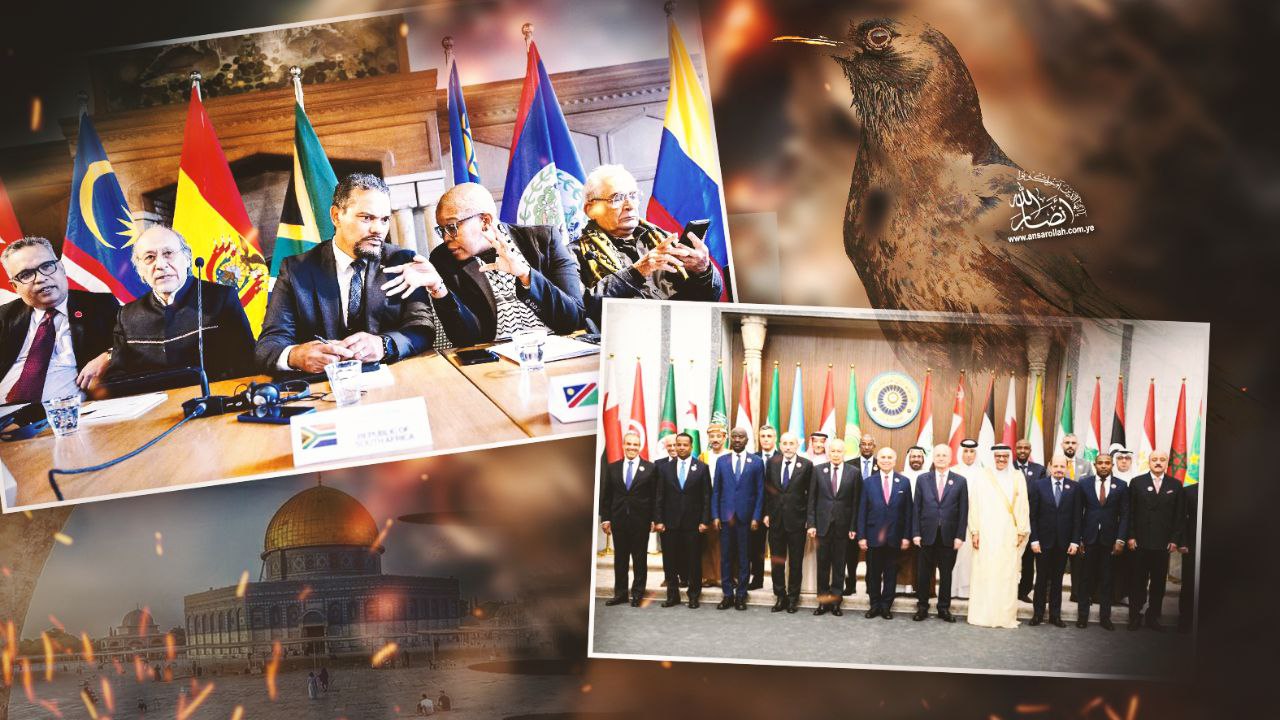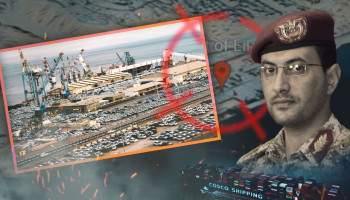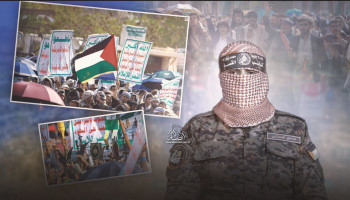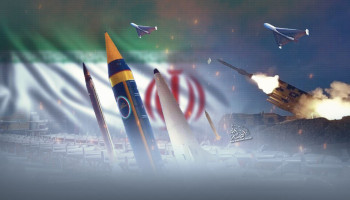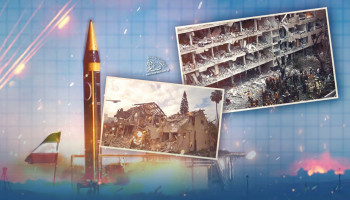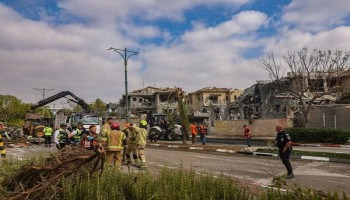Published: Muharram 28, 1447 AH
While most of the world looked elsewhere, a significant international summit took place last week in the Colombian capital. More than 30 countries and organizations convened in Bogotá under the banner of the “Hague Group”, pledging coordinated legal, diplomatic, and economic actions to confront what they described as genocide committed by the Zionist entity in Gaza.
The Hague Group emerged following South Africa’s legal complaint filed at the International Court of Justice, accusing the Israeli entity of committing war crimes in the besieged Palestinian enclave. Countries including Bolivia, Cuba, Honduras, Senegal, Malaysia, Namibia, and Colombia joined the case, signaling a growing bloc willing to challenge Israeli impunity through international law.
At the conclusion of the summit, participants issued a joint final communiqué, calling for:
- An immediate ceasefire in Gaza.
- A ban on the transfer and supply of arms, military equipment, and dual-use materials to "Israel".
- Prohibitions on the passage and docking of ships suspected of carrying arms to "Israel".
- Withdrawal of national flags from vessels violating arms bans.
- Support for universal jurisdiction to prosecute crimes committed in the occupied Palestinian territories.
The statement asserted unequivocally: “The age of impunity must end. International law must be applied without favoritism.”
Before the summit, Colombian President Gustavo Petro penned a powerful op-ed in The Guardian, in which he criticized global silence and demanded action:
“The consequences of abandoning our responsibilities will be dire. If we do not act now, we are not only betraying the Palestinian people, but we are complicit in the atrocities committed by Netanyahu’s government.”
Colombia’s commitment extended beyond politics. It also embraced cultural solidarity. During recent public events, it launched the “Palestine Global Award for Poetry”, in cooperation with the General Union of Palestinian Writers.
Countries like South Africa, Cuba, Venezuela, and Spain have joined Colombia in these humanitarian and cultural initiatives, proving that moral clarity and diplomatic resolve are still possible in the Global South.
In sharp contrast, the Arab states—despite religious, cultural, and historical ties—have failed to act. Neither collective identity nor the mounting threats posed by the Israeli occupation have stirred them to meaningful resistance. Despite possessing significant political and economic leverage, they have not used it to halt the ongoing extermination of two million Palestinian Muslims in Gaza.
These nations could have drawn the line against what many now call the “crime of the century.” But they did not. And tragically, it seems they will not—even as Gaza descends into hunger and famine without precedent.
The failure now transcends the inaction of official regimes. The tragedy lies in the condition of the Arab nation itself: shackled, submissive, and seemingly blind to its own demise. The image is haunting—“as if each person were being led to death with a bird perched on their head.”
More than 21 months of relentless bloodshed, destruction, displacement, and starvation have passed in Gaza. Still, there is no meaningful Arab response. A nation that once stood for dignity can no longer even bury its shame.
The concluding verse encapsulates the despair:
A nation long plagued by death—
So bury it, for no thread of hope remains.

